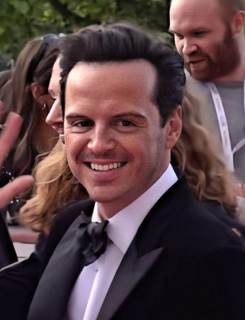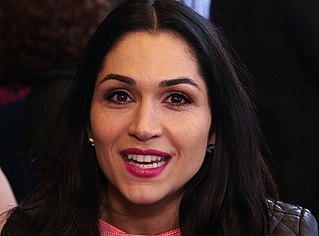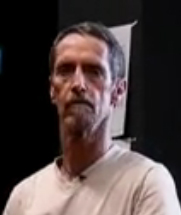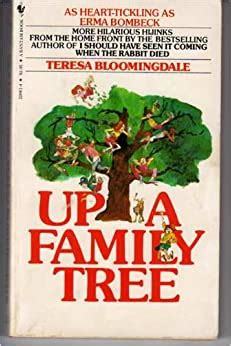A Quote by Jon M. Chu
Each dancer has a different dialect that they speak.
Related Quotes
'Particularly' is particularly difficult because the 'L' and the 'R' are totally different, like totally different letters. I would spend hours in front of the mirror with my dialect coach to observe my tongue. You don't think, when you speak, about all the things that happen in your jaw and your mouth, how everything reacts, so you have to watch all those things and realise we have a totally different use of our tongue and jaws.
Black English is something which - it's a natural system in itself. And even though it is a dialect of English, it can be very difficult for people who don't speak it, or who haven't been raised in it, to understand when it's running by quickly, spoken in particular by young men colloquially to each other. So that really is an issue.






































